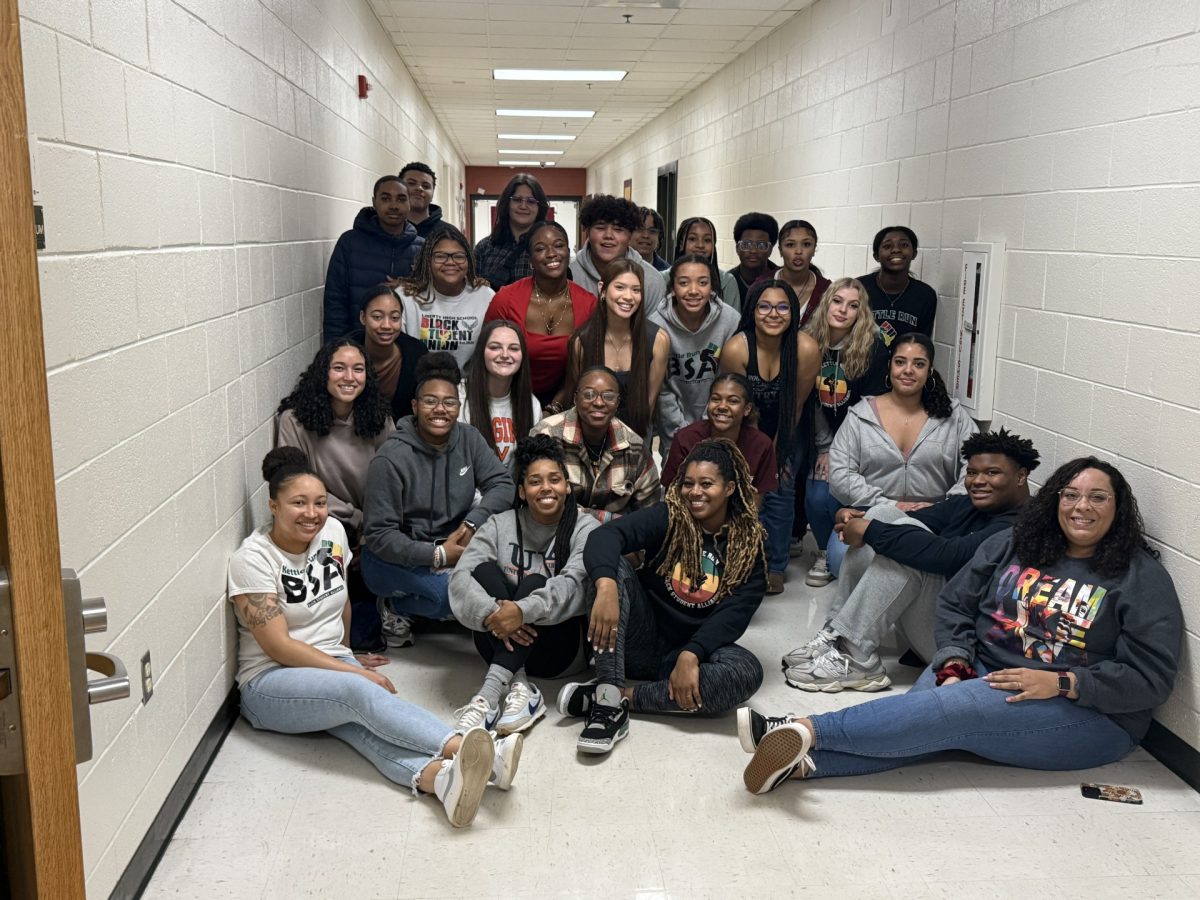Congress Taking Steps To Limit Sales of Data Brokers
October 19, 2022
Congress and civil rights activists are pushing for legislation that would severely limit the ability for data brokers to collect information and the types of information they can legally collect. Privacy has become a rising concern in the past few years due to companies like Fog Data Science and other large data broker companies collecting massive amounts of data about people’s lives without them knowing.
Over the past few months the Associated Press has brought to light a large amount of information about how data brokers, namely Fog Data Science, collect data and how that data is sold through tools like Fog Reveal in their investigative series “Tracked”. This information has not gone unnoticed by government officials and civil rights activists who view these companies’ practices as a highly concerning invasion of privacy. Now they are pushing for legislation that would prevent these companies from collecting “sensitive data” mainly being location and health information.
The main concern arises from Fog Data Science and other companies like it who obtain huge amounts of personal data from common apps like Waze. Fog uses that information to create detailed maps of where people have been over the last month or longer along with likely residencies. These “patterns of life” are sold through their web application Fog Reveal, a subscription based service for law enforcement agencies to help track suspects movements. The concerns arise from the fact that the wide majority of users are completely unaware that their information is being used this way and Fog’s services do not require a warrant for police to use.
As Sen. Ed Markey, a Massachusetts Democrat, puts it, “Americans are increasingly aware that their privacy is evaporating before their eyes, and the real-world implications can be devastating. Today, companies we’ve all heard of as well as companies we’re completely unaware of are collecting troves of data about where we go, what we do, and who we are.”
In a letter to Lina Khan, the chair of the Federal Trade Commission, Rep. Anna Eshoo of California pushed the Federation to investigate the “significant Fourth Amendment search and seizure concerns” created by Fog Data Science and Fog Reveal’s capabilities. Writing that “The use of Fog is also seemingly incompatible with protections against unlawful search and seizure guaranteed by the Fourth Amendment. Consumers do not realize that they are potentially nullifying their Fourth Amendment rights when they download and use free apps on their phones. It would be hard to imagine consumers consenting to this if actually given the option, yet this is functionally what occurs.”
The bill which was introduced by Senator Elizabeth Warren earlier this year addresses these concerns by aiming to severely limit the kinds of information that data brokers can collect. This bill categorizes a “data” broker as “a person that collects, buys, licenses, or infers data about individuals and then sells, licenses, or trades that data.” This means that if enacted the bill would pertain to any and all companies that collect or sell “sensitive data”.
Many politicians on both the Republican and Democratic side agree that the ability for companies to gather and sell data should be severely reduced. While the new pending legislation is meant to target companies like Fog and Kochava, a data broker that was sued by the Federal Trade Commission last month over selling data that violates rules the commission enforces.
On the other hand It is important to understand that selling user data to advertisers is the main way that many companies make their money and that restricting their ability to do so may have unexpected impacts on services as businesses are forced to change monetization methods.
Seeing this kind of response from government officials to a rapidly evolving legal landscape is a promising sign towards a new digital age where users will not have to fear having their personal data sold to the highest bidder.
Works Cited:
Jason Dearen, Garance Burke. (2022, September 27). Senators push to reform police’s cellphone tracking tools. Associated Press. https://apnews.com/article/technology-new-york-criminal-investigations-federal-trade-commission-63451d232fb202009d71a2b59173b4c7
Matthew Guariglia. (2022, September 15). Members of Congress Urge FTC to Investigate Fog Data Science. EFF.https://www.eff.org/deeplinks/2022/09/members-congress-urge-ftc-investigate-fog-data-science
Congress Proposes Legislation Aimed at Data Brokers and Health Information. (2022, June 22). WilmerHale Privacy And Cybersecurity Law.https://www.wilmerhale.com/de-de/insights/blogs/wilmerhale-privacy-and-cybersecurity-law/20220622-congress-proposes-legislation-aimed-at-data-brokers-and-health-info
Bennet Cyphers. (2022, March 19). Google Says It Doesn’t ‘Sell’ Your Data. Here’s How the Company Shares, Monetizes, and Exploits It. https://www.eff.org/deeplinks/2020/03/google-says-it-doesnt-sell-your-data-heres-how-company-shares-monetizes-and























